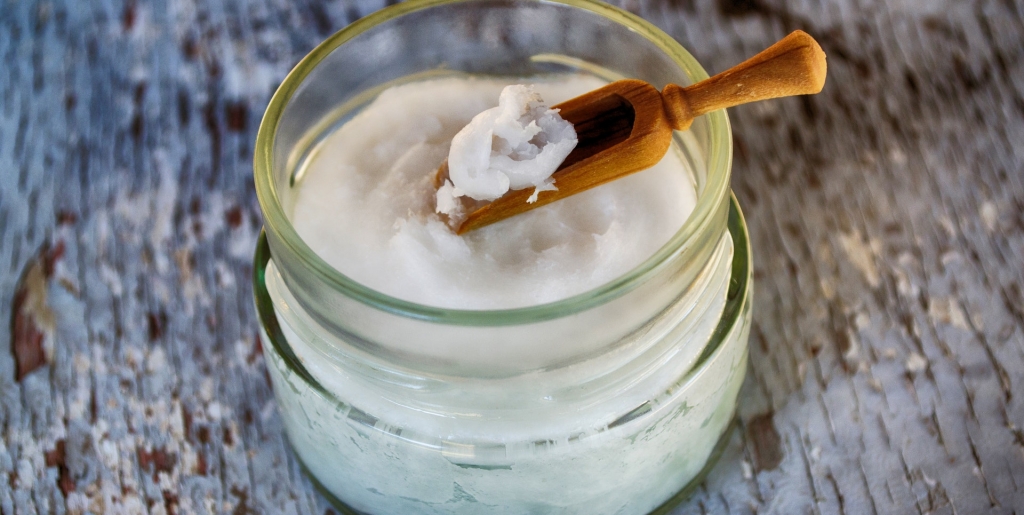Organic Skin Care
What does “going green” really mean? Nowadays it can mean a host of things. But at its core, going green signifies an increased consciousness. An increased understanding and awareness of how the products and services we use are sourced, where they come from, how they arrive to stores and our doorsteps, and most important, how said process affects the environment. Going green in certain areas/industries is much easier than in others. For example, when it comes to eating, going green in 2019 is relatively easy. You couldn’t say that 10 years ago, but the quantity and quality of a green-based diet is plentiful. Moreover, it’s accessible from a price standpoint.
Going green however in other areas/industries is a bit more complicated. One’s beauty routine is a great example. The skincare industry is so replete with buzz words and marketing terms that it’s sometimes difficult to distinguish what you’re purchasing and consuming. To truly understand skin care terminology like an expert you would need to have graduated with a chemistry degree, perhaps even a masters.
Organic skin care begins with a relatively simple principle – a natural ingredient is anything that is plant, mineral or animal based. However, government bodies do not regulate natural products and as such some companies take advantage of this, marketing the term “natural” freely and loosely knowing nobody is going to come knocking down their door. A prime example would be a natural skin product with the addition of synthetic ingredients.
A quick way to at least spot a potentially fraudulent ingredient is flip the bottle upside down and read the list. Ingredients are listed in order by the largest percentage to the smallest. If the brand is upfront and does mention some synthetics are involved, then they should be towards the bottom of the list (the smallest percentages of the total). If they’re near the top, then said product is anything but natural or organic. Also, some ingredients might sound synthetic, such as benzyl alcohol. But this is a natural preservative, and natural and organic. For a product to be certified organic the concentration of organic ingredients must be extremely high, with no other non-organic ingredient surpassing it. A product that can claim it is 95 to 99 percent organic can be in the U.S “certified organic” status.
Ironically, one of the most well-respected organic skin care brands is the company 100% Pure. Is it 100% organic? Likely not, but pretty darn close we assume. It is vegan, cruelty-free, made in the States and paraben-free, sulfate-free and toxin-free. OSEA is another fantastic organic skin care product, founded roughly 20 years ago featuring hand-harvested ingredients coupled with cold-pressed essential oils and powerful anti-aging and nourishing properties. Juice Beauty isn’t for drinking, it’s for applying. The Green Apple Age Defy is a popular seller, and this brand is USDA Certified Organic which speaks volumes in this arena.
If all-natural, organic is your choice, the world is your oyster in 2019. Keep yourself educated and up to date however, the tricksters are out there and have you on their radar.


Comments:
Login to leave a reply